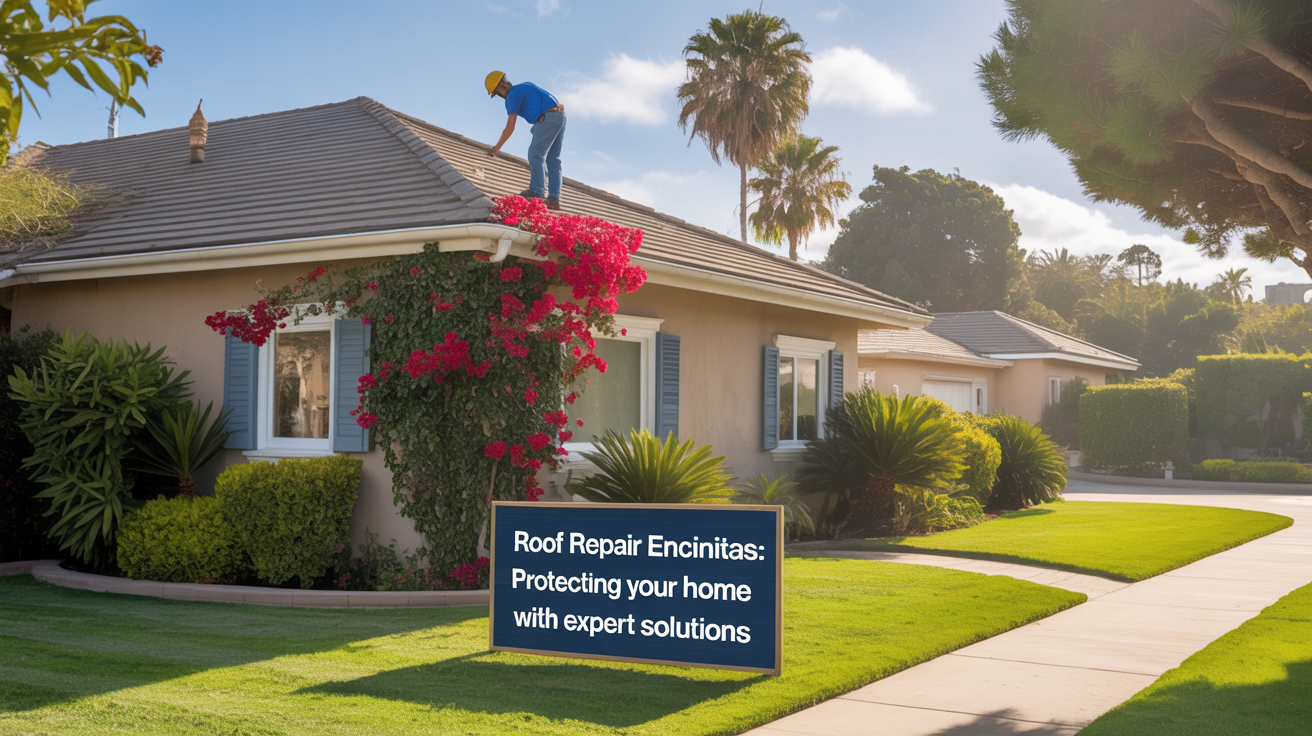Front-line oil and gas communities like those in the Permian Basin of southeast New Mexico, where people live alongside extraction operations, should be at the forefront of policy development aimed at curbing pollution and the impacts of climate change, said New Mexico Rep. Angelic Rubio (D-35) during a recent talk.
The discussion led by Climate Advocate Voices Unidos (CAVU) was centered on the influence Rubio and other lawmakers hoped local communities like Carlsbad in the southeast or Farmington in the northwest San Juan Basin would have as the state moves forward with efforts to mitigate problems like air pollution arising from fossil fuel development.
The entire state depends on oil and gas for its economy, with the industry providing up to a third of the state’s budget, but Rubio said those communities with heavy extraction operations are even more reliant on oil and gas and the economic impact of policy that could limit the sector on rural areas must be considered.
More:Ozone pollution at Carlsbad Caverns comes from oil and gas. State readies emissions rules
Born in Roswell and raised in Lake Arthur, Rubio during the 2021 Legislative Session that concluded in March sponsored House Bill 297 or the Workforce and Economic Prosperity Act, which stalled in the House Rules and Order of Business Committee, but would create a committee to develop a renewable energy workforce but would specify participation be required from local, energy-producing communities.
She was also a co-sponsor of the Climate Solutions Act, which passed the House Energy, Environmental and Natural Resource Committee which would also create a council to work on policy to reduce climate change.
One of the most important aspects of the legislation, Rubio said during the talk, was that they ensure local and rural communities are not left behind as the state transitions away from its reliance on fossil fuels.
More:Data ties series of West Texas earthquakes to oil and gas wastewater

“What is happening in the southeastern part of the state not only just environmentally and in terms of public health it is impacting the rest of the state as try to figure out how we build an economy, how we work on dealing with our budget issues,” Rubio said.
“There’s a lot of us with a lot of really great ideas, but I think sometimes what happens is we give directives to communities that are being impacted.”
She was appointed to chair the Legislature’s Infrastructure and Transportation interim committee and said she hopes it will look beyond road projects and address the needs of the local areas amid the state’s shift to renewable energy and a more diverse economy.
More:New Mexico Democrats: Federal oil and gas methane policy must match state’s stricter rules
“Issues like infrastructure, transportation and economic development when its centered in our front-line communities that actually helps us to address climate in a much bigger way and a much faster way,” Rubio said. “These are the sort of ideas coming from the mechanisms that already exist in our legislature that could potentially bring to fruition what many of us would imagine our communities looking like in the future.”
James Povijua, himself a member of the Ohkay Owingeh Pueblo centered in Rio Arriba County in northern New Mexico near the San Juan Basin said future policy, like a bill that did pass the House and Senate during the session to create the State’s Sustainable Economy Task Force, must work to gather input from oil and gas communities.
“We need to hear from individuals who are living there, who are experiencing direct impacts from industries and on the front lines of climate change,” he said. “It is imperative that we act, that we advocate for regulations that reduce things like volatile organic compounds.
“We also need to ensure these communities that are reliant on the oil and gas industry and the current structure of our economy are brought along.”
More:Educators in New Mexico call for shift away from ‘unstable’ oil and gas revenue for schools
But even with the participation of oil and gas communities, Don Schreiber with CAVU said the goal must be clear: cut carbon pollution from oil and gas.
This could be achieved through tougher emissions controls on oil and gas, he said, as was devised and enacted earlier this year by the State’s Energy, Minerals and Natural Resources Department and expected to be imposed by the New Mexico Environment Department later this year.
“New Mexico is home to some of the worst methane pollution in country. We’re home to the methane hot spots,” Schreiber said. “Those are things New Mexico doesn’t want to be famous for. We’ve got to address that for our climate and the climate changes that we’re facing.”
More:Oil and gas leaders wary post-COVID-19 policy decisions could impede growth
During the talk, participants heard recorded testimony from children in various areas of New Mexico.
One from Carlsbad, Morgan, said she hoped leaders in her region and across the state would begin to address the impacts of oil and gas on land, air and water.
“I am hopeful that my children can grow up in a stable, healthy world that we can benefit from forever. To make these dreams a reality for our future selves and future generations, we must come together and act now,” she said.
“The oil and gas industry produces vast amounts of toxic air and water pollution. We need to acknowledge the negative effects methane has had on our environment.”
Adrian Hedden can be reached at 575-618-7631, achedden@currentargus.com or @AdrianHedden on Twitter.






